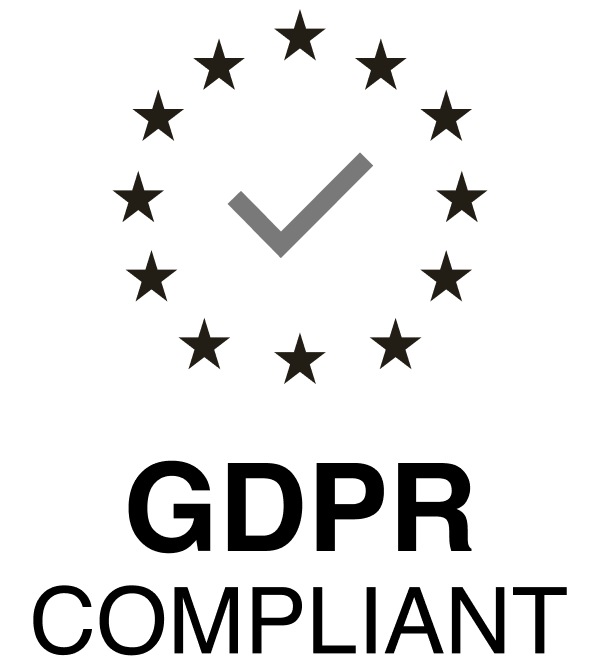Blog
The Linkurious Examiner
Illuminating graph technology and its applications. Read the latest insights, use cases and user stories, product updates and more
Categories
Subscribe to our newsletter
A spotlight on graph technology directly in your inbox.
Recent posts
Subscribe to our newsletter A spotlight on graph technology directly in your inbox.

